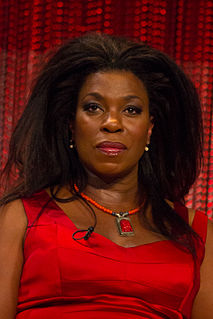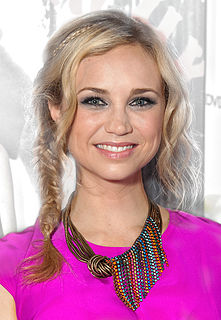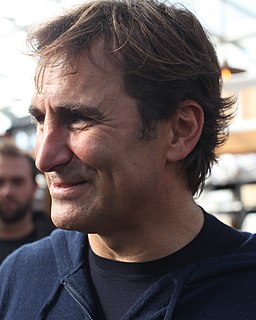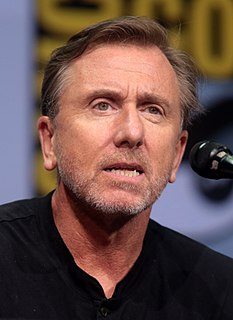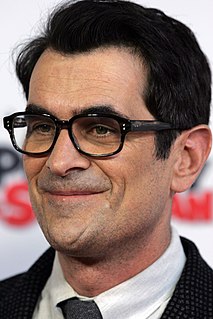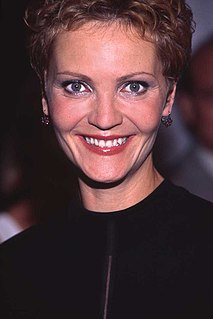A Quote by Shawn Hatosy
I was curious. Here was a character where I just didn't know how they were going to write him into 13 episodes without it being one note. My fear was that I didn't want to join something where I was just going to be this prop and this mustache twirling character.
Related Quotes
As an actor, you don't want to know the beginning and end to your character's arc. It makes it more fun. You're not playing the end. You're playing it realistically. You don't know where this character is going to go and what's going to happen to him, which just makes it more interesting for the viewers to watch. They're going on the journey with you, as the actor and the character.
I don’t mind if the character is a small character, but I would just like her to have a journey in the film. Sometimes the characters are just there as a prop to further the man’s story. The great directors I’ve talked to, I’ve said listen, I don’t mind playing a woman that is a tiny part, but how does the story affect her? What can I play in the end that’s different from the beginning? Otherwise, it doesn’t make sense, because it’s just like being a prop.
As an actor, you don't want to know the beginning and end to your character's arc. It makes it more fun. You're not playing the end. You're playing it realistically. You don't know where this character is going to go and what's going to happen to him, which just makes it more interesting for the viewers to watch.
I just look at the character and the arc of the character, and see if it's going to be challenging. We always want to challenge ourselves. That's the biggest thing that I look at. Is this going to be a challenge? Is this going to be something that I can try my best to create, that no one could see anyone else do?
I was kind of scared at first to do that [vice-over] because when you're on set, a lot of the things going on around you - the environment and playing off other actors - and that's what makes it easier and helps you to be in your character. So, realizing you're not going to have that and you're going to be secluded in this booth, it's like, "How am I going to be a character when I'm just in these walls?"
When I take on a character, it's a sacrifice. There's something that you give up every time. I want to become these characters, and I want to be mysterious, but if you know too much about me, it's not going to be too much fun watching me play a character, because it's just going to be me with a mask on, instead of you believing what the mask is.
When something arrives, you have no idea what's in it, which is good. And then, it's is the story leaps off the page at you and how your character functions within it. There could be just one scene and if it's wonderful, it doesn't matter how much you're working on it because you just want to be in it. It's really about what your character's day to day world looks like, and if you feel like that's something that's complete, and that you'd like to inhabit for awhile. You'll know by a couple of scenes in. If the character grabs you, you run with it.
When you are writing, you have to love all your characters. If you're writing something from a minor character's point of view, you really need to stop and say the purpose of this character isn't to be somebody's sidekick or to come in and put the horse in the stable. The purpose of this character is you're getting a little window into that character's life and that character's day. You have to write them as if they're not a minor character, because they do have their own things going on.
It's the opposite on a sitcom. People crave the character to not learn from their mistakes. They want to just see the situation, and then see how that character is going to react to that particular chaotic catastrophe. That's just my take on it, anyway. I don't really get too hung up on what the future of the show is.
Character: The ability to carry out a worthy decision after the emotion of making that decision has passed. Character simply stated is doing what you said you were going to do. If you develop a reputation for that, do you have any idea the effect that has on self-perception? Its immense, just immense. The Savior was a man of character. He did everything he said he was going to do.
When I read something, first I have an instinctual, emotional response to it. But of course, acting isn't only just feeling an instinct for what's going on in the moment with the character. You have to be able to carve it out and consider, follow, and create the whole journey that the character you play is going through.



